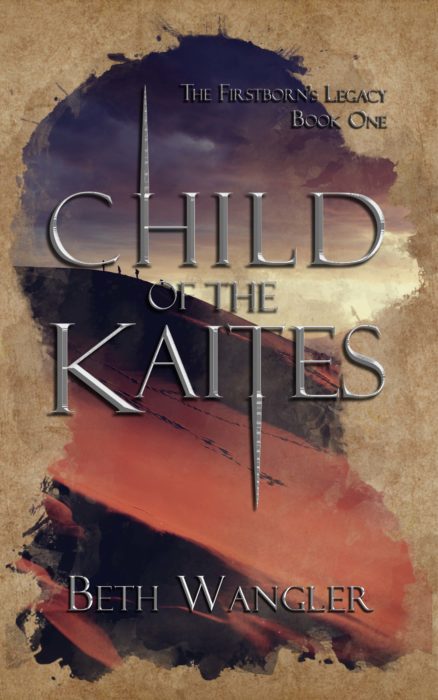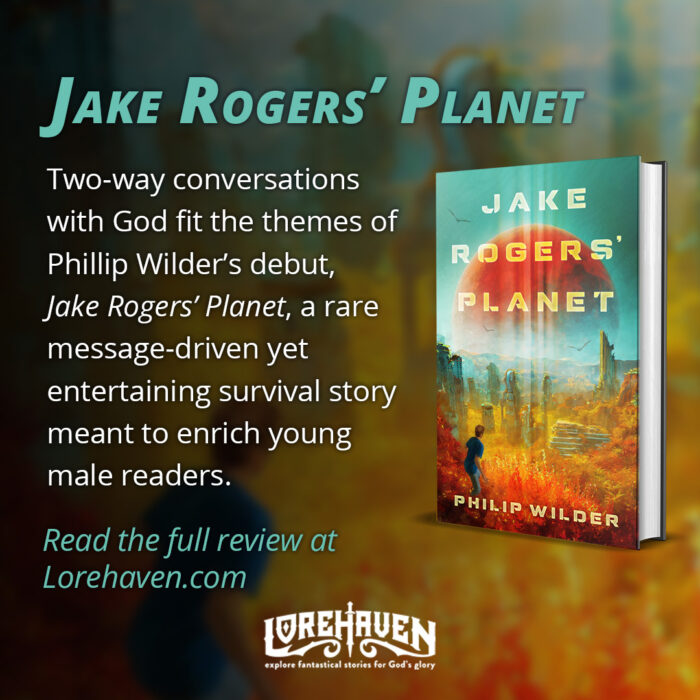
Child of the Kaites
Her parents named her “Cursed,” for her people truly are: trapped in brutal slavery, toiling under the Izyphorn sun, forced to let their infants die. The kaites gave her a new name: Raiballeon, “Leader of a Revolt.” At ten, Rai thought that meant she would lead Maraiah to freedom.
Eighteen-year-old Rai knows better. As an exile hiding her heritage, Rai has resigned herself to a quiet life recording history. After all, going up against Izyphor on her own would mean certain death.
Reuniting with a childhood love and meeting an enigmatic stranger forces Rai to reexamine her calling. Can she rise up against her own fears, the most powerful nation in the world, and evil spirits bent on annihilating any opposition? Is she destined to be a great warrior or an historian–or are those the same thing?
Book 1 of the The Firstborn’s Legacy series.



































Have you read Child of the Kaites ? Share your own review.